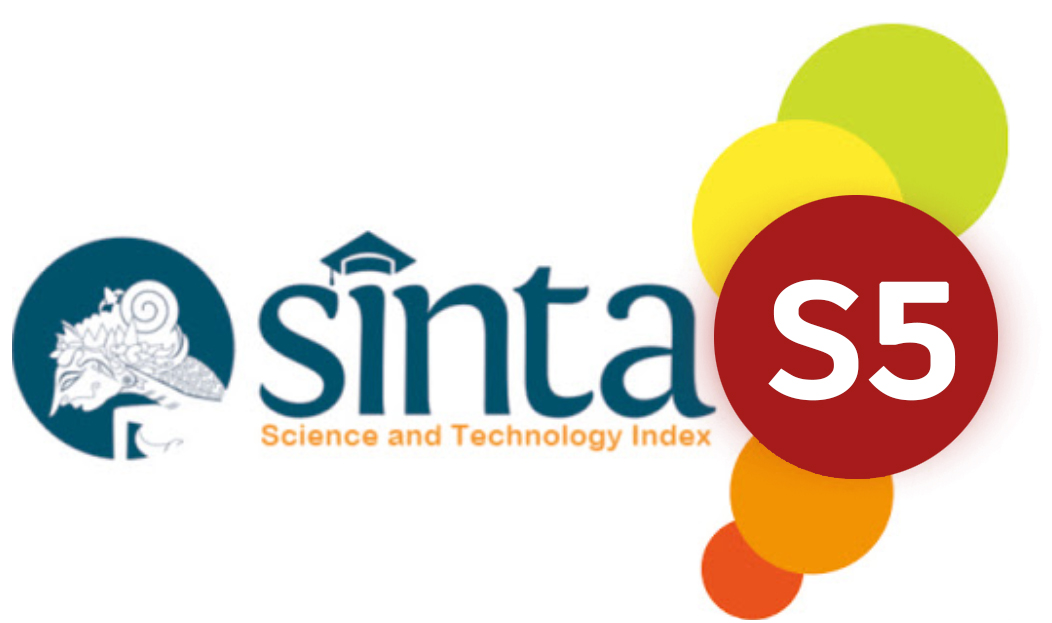Enforcement of Environmental Law in Efforts to Handle River Pollution Cases in Indonesia
Abstract
The enforcement of environmental laws in Indonesia plays a pivotal role in protecting and conserving natural resources while addressing various environmental pollution issues, including river pollution. This article aims to evaluate the effectiveness of regulations, implementation strategies, and challenges in enforcing environmental laws related to river pollution in Indonesia. Using normative legal research methods, the study examines the evolution of environmental legislation, beginning with UUPLH 1982 and culminating in Law No. 6/2023, which supersedes Law No. 11/2020. The findings reveal that river pollution in Indonesia stems from diverse human activities. Law enforcement mechanisms involve administrative, civil, and criminal sanctions designed to control pollution, deter violators, and restore damaged ecosystems. The recent amendments under Law No. 6/2023 introduce provisions for broader public participation, enhanced risk-based oversight, and stricter liability for polluters. This article underscores the critical need for robust regulations, heightened public awareness, and consistent monitoring to effectively address river pollution. Strong law enforcement measures are essential for maintaining aquatic ecosystem balance, safeguarding citizens' rights to a healthy environment, and fostering sustainable development in Indonesia.


















